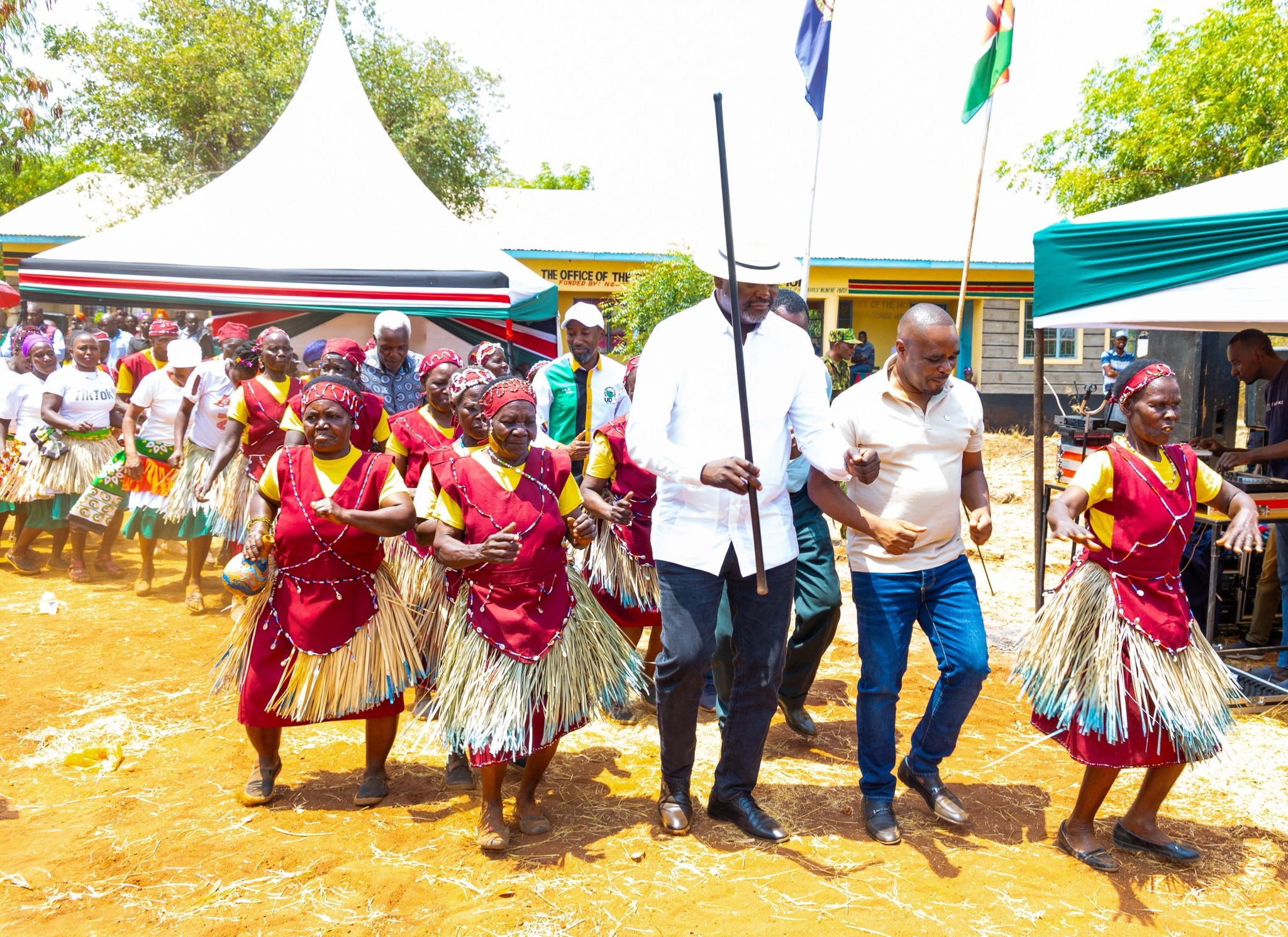

Public Service Cabinet Secretary Geoffrey Ruku has directed
that all state and county governments strictly adopt the E-Government
Procurement system for all tendering processes.
Speaking during a special programmes outreach in Chuka,
Igamba Ng’ombe, Ruku said the directive was in line with President William
Ruto’s instructions and must be fully implemented across ministries and county
governments without exception.
“When the president issues instructions that E-Government
Procurement must be implemented, all of us in government must ensure it is
done,” Ruku said.
The CS emphasised that public funds must be managed
transparently and warned against inflated prices in government supply
contracts.
“Buying supplies at exaggerated prices for people to make
high margin profits must end. The money we have as a government is not enough
for the needs of the country, and if not spent sparingly, we cannot deliver,”
he added.
Ruku said the E-Procurement system will ensure
accountability, curb corruption, and guarantee value for money in government
spending.
The CS noted there has been ongoing fraud leading to the
loss of large amounts of public funds in the tendering processes which must be
stopped.
His remarks come amid opposition from lawmakers and
governors over the new system.
The e-Government Procurement (e-GP) system was officially
launched on April 7, 2025, and is set to become the sole platform for all
public procurement processes across Ministries, Departments, and Government
Agencies (MDAs) starting from the 2025/26 financial year.
According to the National Treasury, the system is expected
to save the country up to Sh150 billion annually by curbing procurement-related
fraud and inefficiencies.
The e-GP system digitizes the entire procurement
process—from planning and bidding to contract management and payment. Suppliers
are required to register on the platform, submit bids online, and track the
status of tenders and contracts.
To enhance transparency and reduce fraud, the system is
integrated with key government databases, including the Kenya Revenue
Authority’s iTax system, the Integrated Financial Management Information System
(IFMIS), the Business Registration Service, and the Integrated Population
Registration System.


![[PHOTOS] China holds massive parade to mark 80th anniversary of WWII](/_next/image?url=https%3A%2F%2Fcdn.radioafrica.digital%2Fimage%2F2025%2F09%2Fbd5dfa7a-3a06-486e-b6b0-6b032c0ffc73.jpg&w=3840&q=100)









